Disposable - Insights on Sustainability
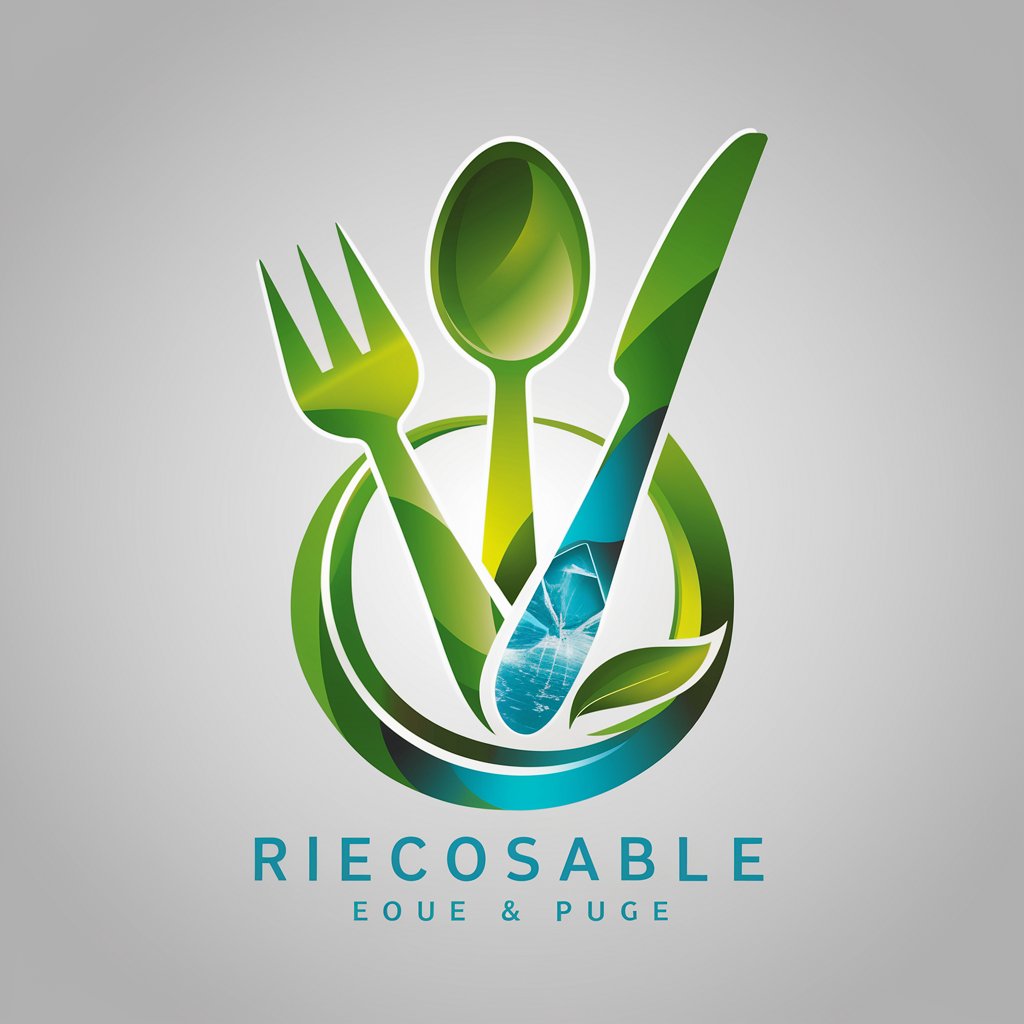
Welcome! Let's explore the world of disposable products and their environmental impacts together.
Empowering Eco-Friendly Choices with AI
Discuss the environmental impact of disposable utensils and the importance of sustainable alternatives.
What are some eco-friendly disposable products available on the market today?
Explain the pros and cons of using biodegradable disposable plates compared to traditional plastic ones.
How can individuals reduce their reliance on disposable cups without sacrificing convenience?
Get Embed Code
Introduction to Disposable
Disposable is a specialized GPT designed to provide in-depth knowledge and insights about disposable products, including utensils, plates, cups, and other single-use items. Its primary aim is to educate users on the environmental impact of disposable products, advocate for sustainable practices, and explore alternatives that minimize waste. This GPT is crafted to navigate the complexities of disposables, from manufacturing processes and materials used to disposal methods and their ecological footprint. Through detailed analysis and guidance, Disposable assists in making informed decisions that align with environmental sustainability goals. For instance, it can explain the life cycle of a plastic fork, the carbon footprint of paper vs. plastic cups, or the benefits of compostable plates over traditional plastic ones. Powered by ChatGPT-4o。

Main Functions of Disposable
Educational Insights
Example
Detailing the manufacturing process, usage, and disposal of biodegradable vs. non-biodegradable disposable plates.
Scenario
A user planning a large event seeks to understand the environmental impact of different plate options to make a sustainable choice.
Environmental Impact Analysis
Example
Comparing the carbon footprint and pollution caused by single-use plastics versus compostable alternatives.
Scenario
A school is considering transitioning to greener cafeteria supplies and needs to understand the benefits and potential challenges.
Guidance on Sustainable Practices
Example
Providing recommendations for reusable or recyclable alternatives to common disposable items in office or home settings.
Scenario
A company wants to reduce its environmental footprint by adopting sustainable office supplies, including cutlery and plates.
Waste Reduction Strategies
Example
Offering strategies for reducing waste at community events by using washable or sustainable disposable products.
Scenario
A community group organizing a local fair seeks advice on minimizing waste without compromising convenience for attendees.
Ideal Users of Disposable Services
Event Planners
Event planners can leverage Disposable to choose environmentally friendly disposable products for weddings, corporate events, and festivals, ensuring these gatherings are more sustainable.
Educational Institutions
Schools and universities can use Disposable to educate students about the environmental impacts of disposables and to implement greener practices in their cafeterias and events.
Business Owners
Owners of restaurants, cafes, and office spaces can consult Disposable for advice on reducing their reliance on single-use products, thereby aligning their operations with sustainability goals.
Environmental Advocates
Individuals and organizations committed to environmental conservation can find Disposable an invaluable resource for promoting awareness and action against the pollution caused by disposable items.

How to Use Disposable
1
Start by visiting yeschat.ai for a no-cost trial, no login or ChatGPT Plus subscription required.
2
Explore the interface to familiarize yourself with the functionalities specific to discussing disposable products, including utensils, plates, and cups.
3
Use the search or query box to type in your questions or topics related to disposable items, sustainability practices, or environmental impacts.
4
Review the provided information, tips, and alternative solutions to make informed decisions about using disposable products in a sustainable manner.
5
Utilize the tool regularly to stay informed on the latest insights and practices for reducing environmental impact through the responsible use of disposables.
Try other advanced and practical GPTs
Design solutions for packaging people
Elevate Packaging with AI Creativity
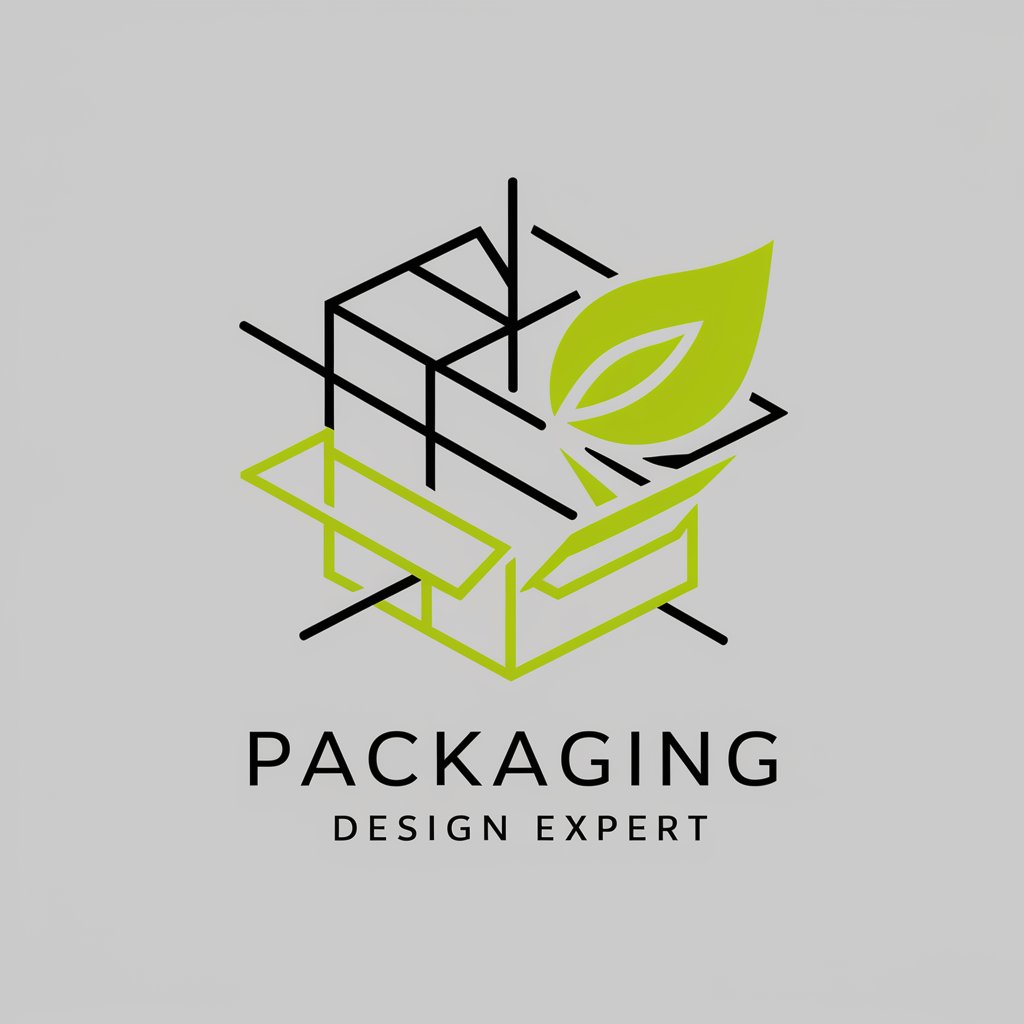
Historien Capgemini & Michelin
AI-Powered Historical Business Insights
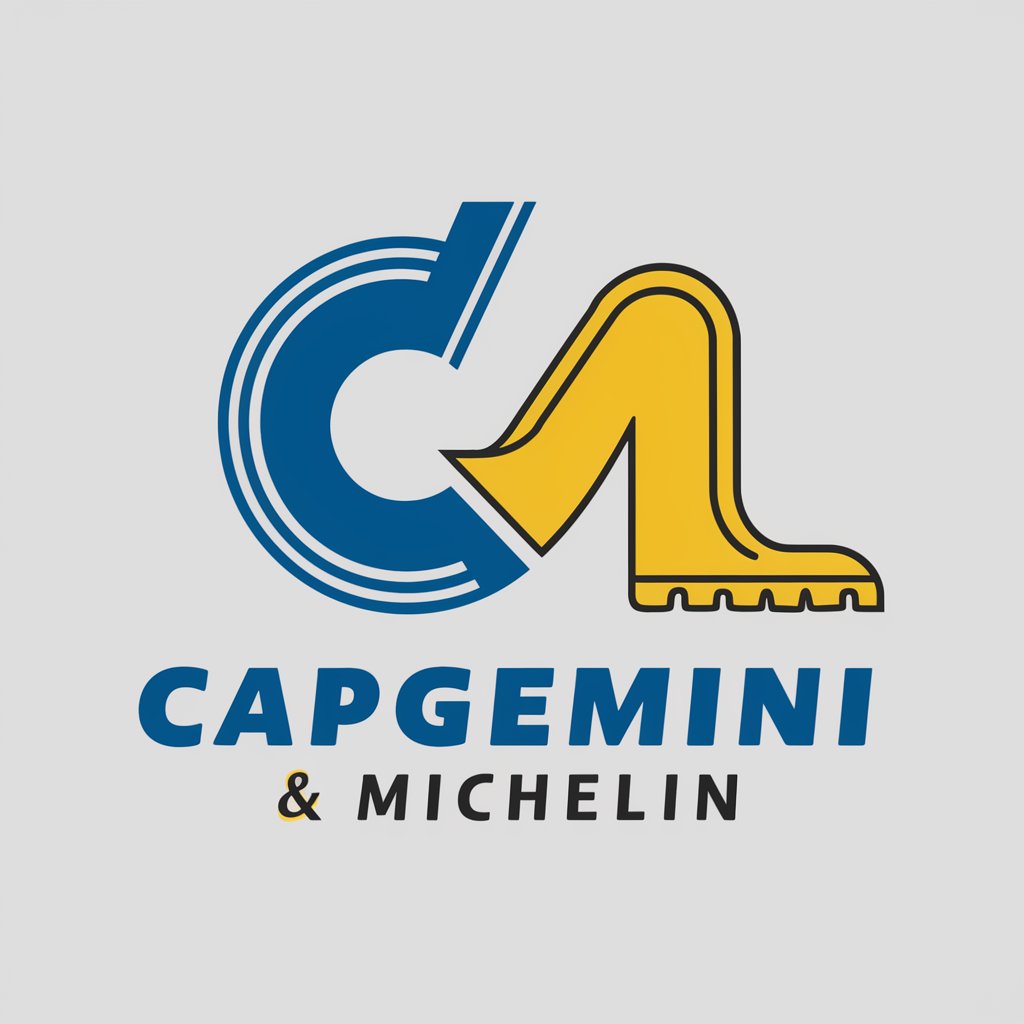
Content King
Elevate Your Content with AI-Powered SEO

Pawn
Empowering your pawn shop experience with AI.
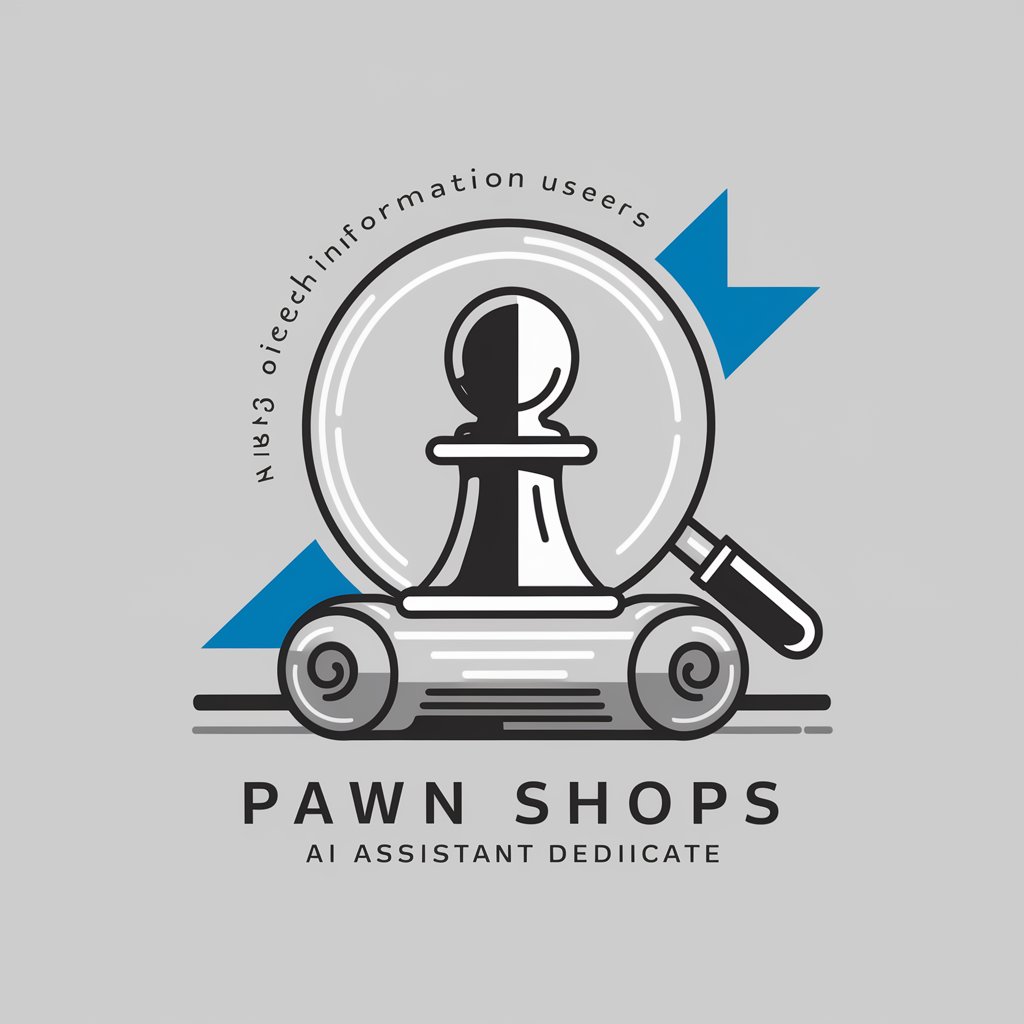
Menswear
Elevate Your Style with AI-Powered Menswear Advice

Nuclear Missile
Deciphering Nuclear Missile Secrets with AI

Budget Friendly
Empower your finances with AI
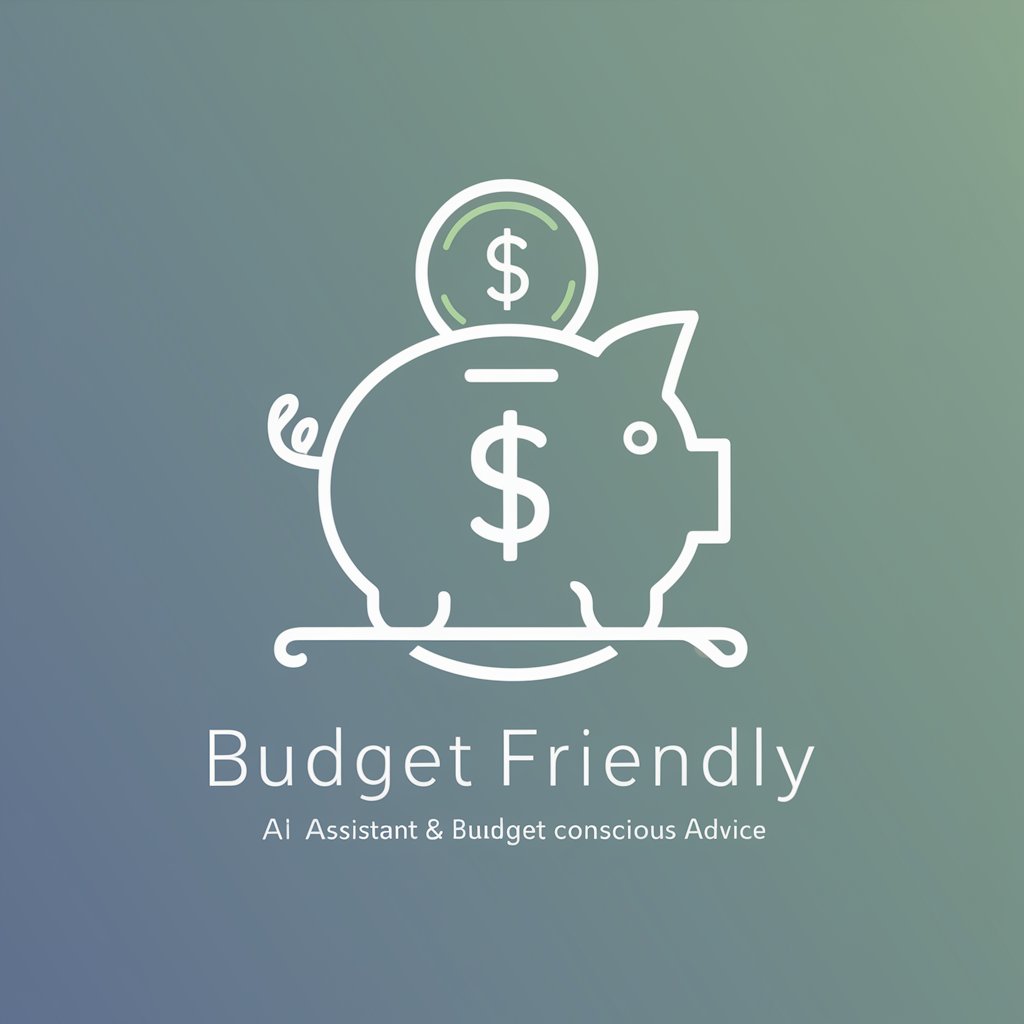
Tires
Empowering Your Drive with AI Tire Insights

ESG Expert Assistant
Empowering ESG Reporting with AI
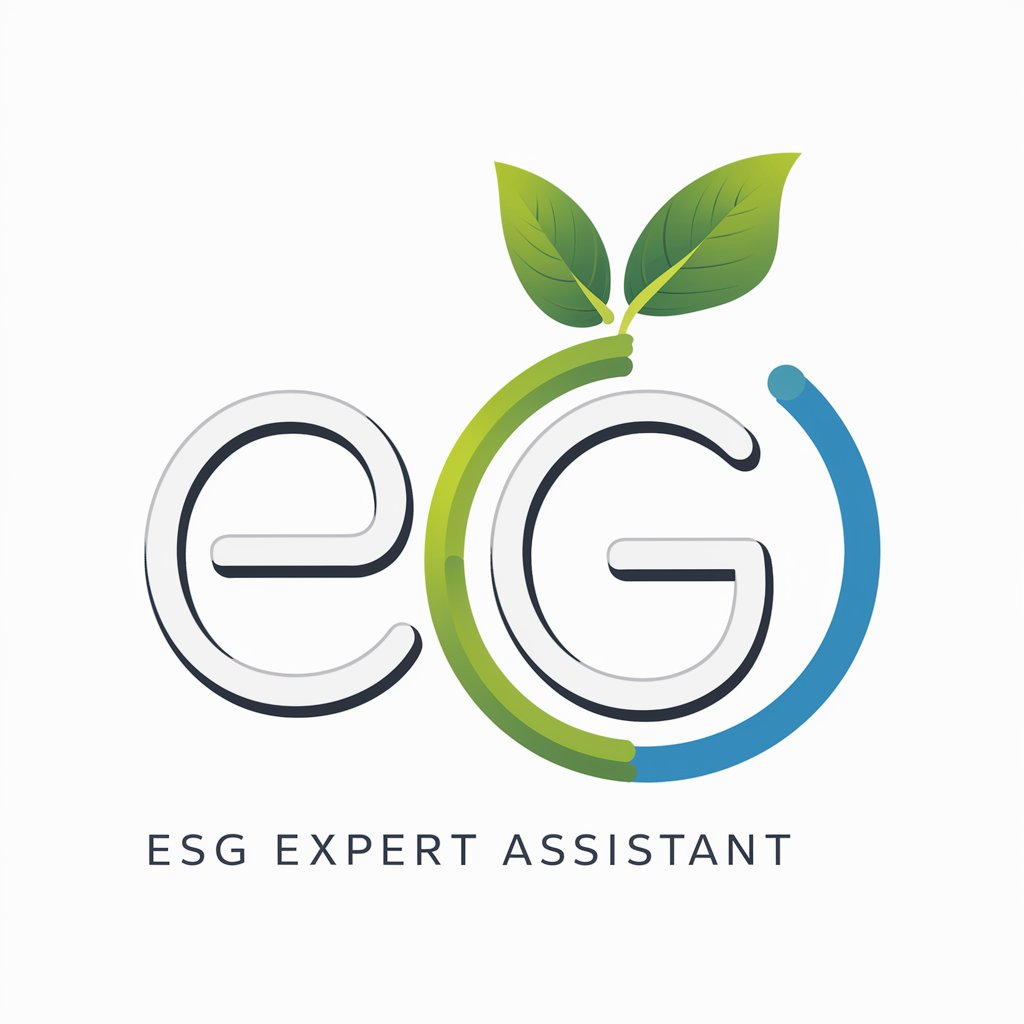
Value GPT
AI-powered Investment Guidance

Stock
Revolutionizing File Management with AI

Vision Funding
Empowering Investment Decisions with AI

Detailed Q&A about Disposable
What are the environmental impacts of using disposable products?
Disposable products, especially those made from plastic, contribute significantly to environmental pollution. They often end up in landfills or oceans, where they can take hundreds of years to decompose. Their production and disposal process emits greenhouse gases, contributing to climate change. Moreover, the litter from disposables can harm wildlife and disrupt ecosystems.
What are some sustainable alternatives to disposable products?
Sustainable alternatives include products made from biodegradable materials like bamboo, paper, or plant-based plastics. Reusable items, such as stainless steel utensils, glass or ceramic plates, and cloth napkins, are also excellent alternatives. Using compostable disposables made from natural fibers can help reduce environmental impact when reuse is not possible.
How can I reduce my use of disposable products?
To reduce the use of disposable products, start by adopting a mindset of reusing and recycling. Invest in a set of reusable utensils, cups, and plates for on-the-go meals. Opt for products with minimal packaging, and choose items made from recyclable or compostable materials. Participate in local recycling programs and support businesses that prioritize sustainability.
Are biodegradable disposables really better for the environment?
Biodegradable disposables are generally better for the environment than their plastic counterparts, as they break down more quickly and with fewer environmental toxins. However, their environmental benefit depends on proper disposal and commercial composting facilities. Without appropriate conditions, they may not decompose as intended, underscoring the importance of a holistic approach to waste management.
How does Disposable help in promoting sustainability?
Disposable provides detailed insights and information on the environmental impact of disposable products, guiding users towards more sustainable practices. By highlighting alternatives and offering tips for reducing waste, Disposable encourages informed decision-making that can lead to a decrease in the environmental footprint associated with disposables.
